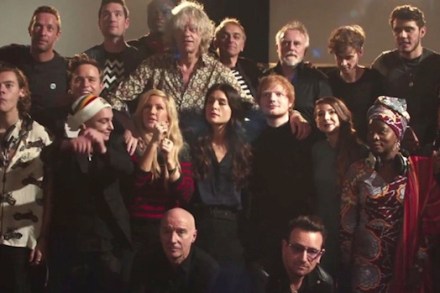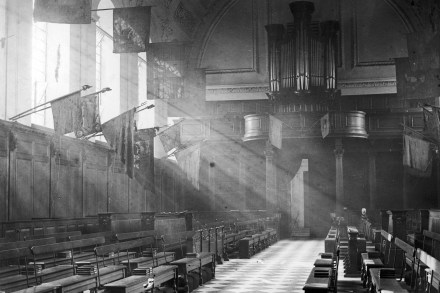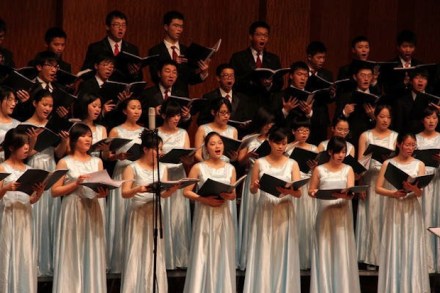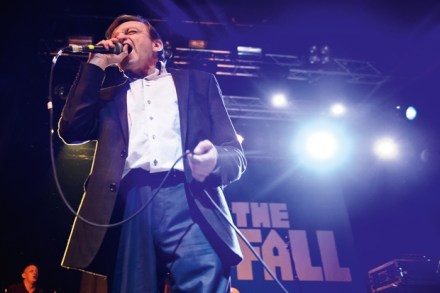James Blunt’s sense of entitlement is so palpable you could wear it as a hat
Only a fool would mess with James Blunt. As his Twitter followers know, he has a sharp wit, and, as befits a former officer in the Life Guards, he is always ready for a fight. Indeed, the grievous suffering around the world caused by his greatest hit, ‘You’re Beautiful’, has been offset to some extent by his snappy tweets, several widely disseminated photographs of him looking a prawn, and a general sense that he can take a joke. Not long ago someone else tweeted as follows: ‘If you receive an email with a link to the new James Blunt single, don’t click on it. It’s a link to the new




















